10 of the biggest sleep facts and myths, including how much we dream
It’s time to sort the sleep facts from the sleep myths, and put that eight-hours snoozing a night rule to bed once and for all.
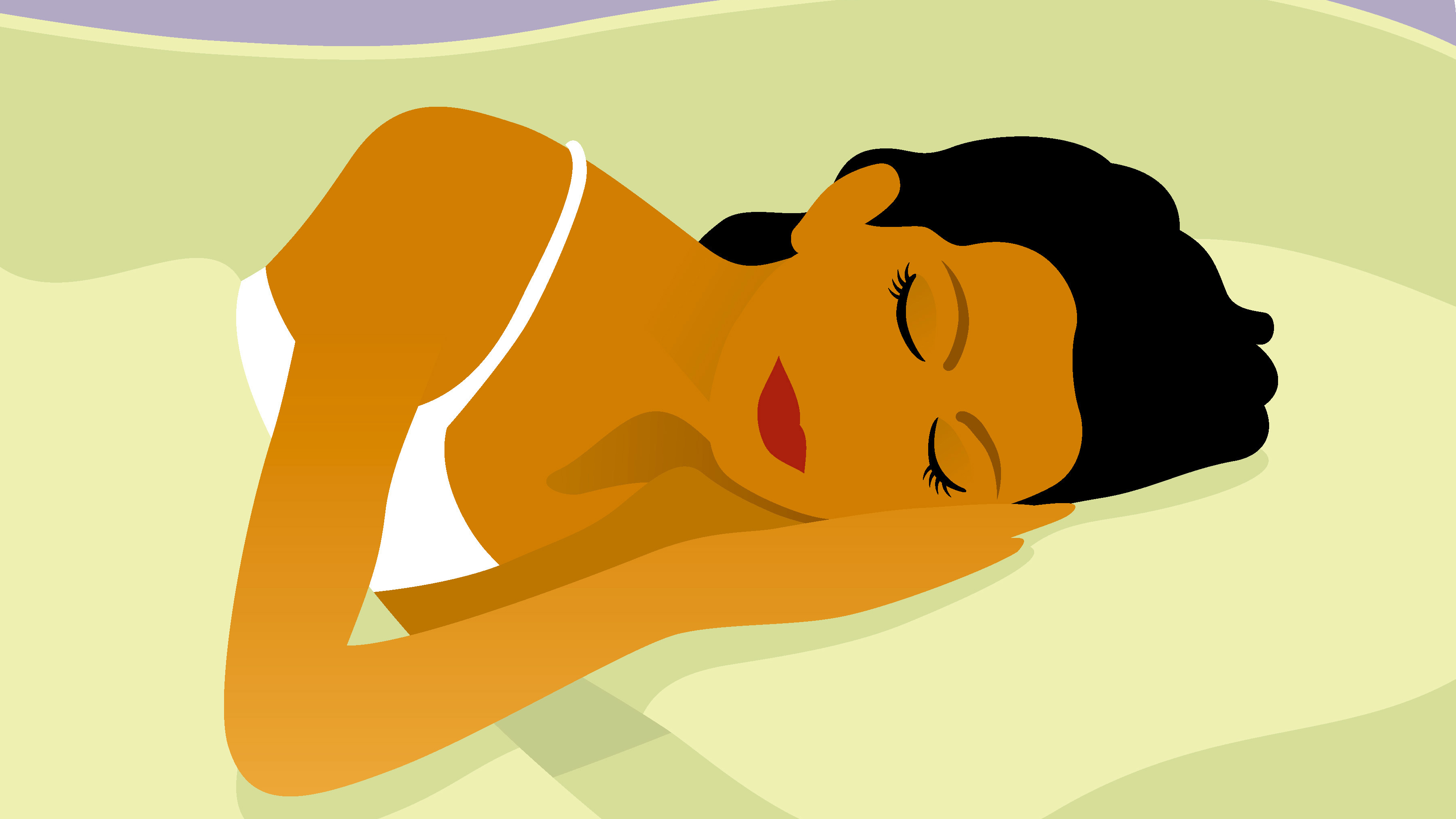
Sign up to receive the latest news, reviews, buying guides and deals direct to your inbox
You are now subscribed
Your newsletter sign-up was successful
It’s amazing how many sleep myths are still doing the rounds. In fact, it’s high-time we sorted sleep fact from fiction. Did you hear the one about how you need to sleep for eight hours each night? Us too, and it’s a myth (we’ll explain why below), though we can see some take it as gospel.
Sleep facts are just as fascinating, and while you’ll probably have heard some of them, others may surprise you. Our favorite is how long the average person dreams for each night. We did not expect that number!
Good sleep is something we’re all entitled to. If you’re struggling, get a handle on your sleep hygiene and make sure your bedroom is cool, dark and quiet at night. If it’s too warm, noisy or light is leaking in, you’ll have a hard time sleeping well. Also, check out our best mattress online guide if your bed has seen better days.
For now, here’s 10 of the most surprising sleep facts and myths.
1. Sleep myth: Everyone needs eight hours sleep
According to National Sleep Foundation guidelines, most healthy adults need seven to nine hours sleep a night. Over 65s should aim for seven to eight hours a night. This figure is different for newborns who need up to 17 hours a day.
A 2015 study by the Journal of Clinical Sleep Medicine cited that adults consistently getting fewer hours than recommended were more likely to suffer from health conditions including weight gain and hypertension. Try to create a sleep schedule and stick to it, as prioritizing sleep is a smart move for your health.
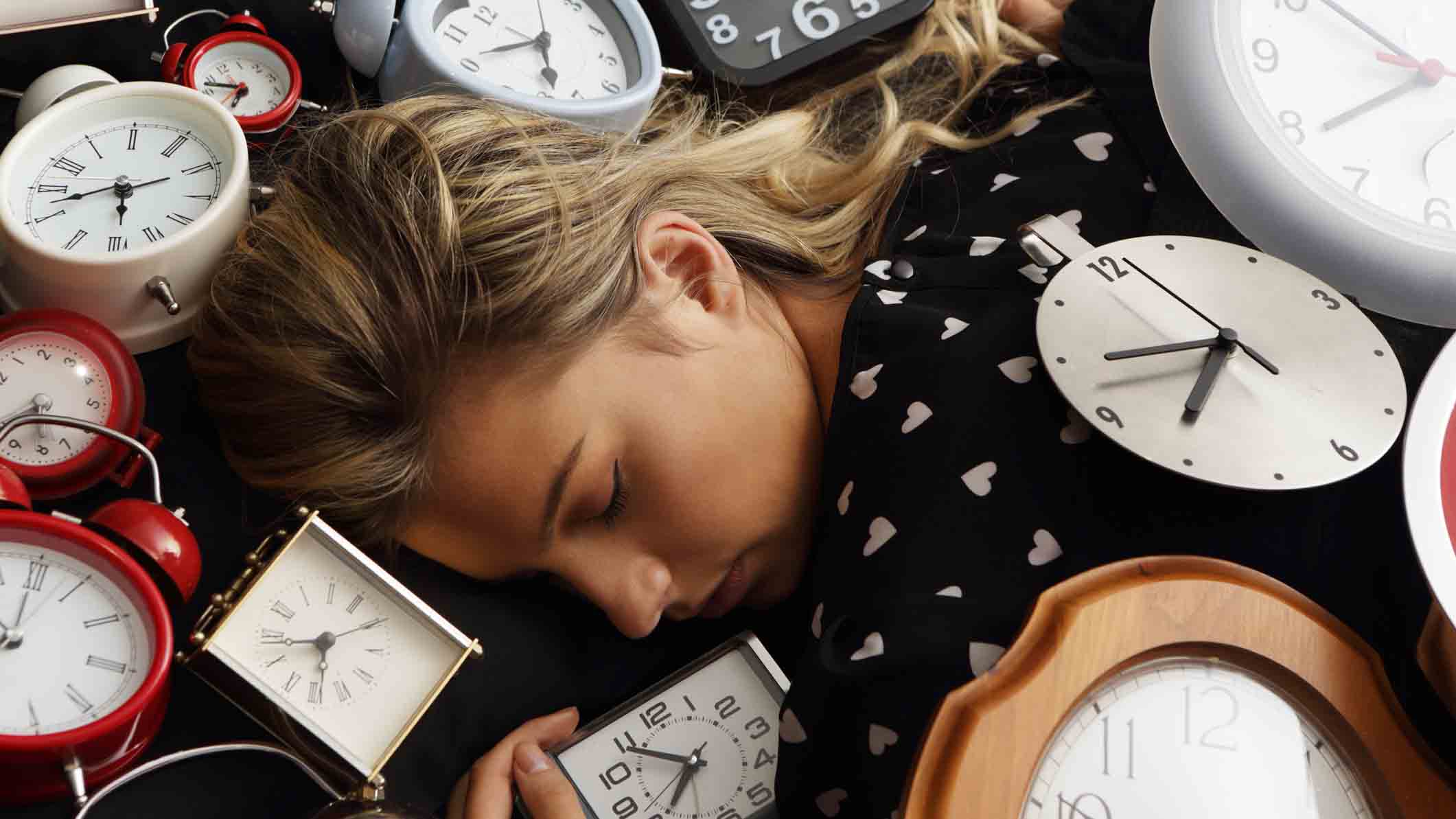
2. Sleep fact: We dream for around two hours a night
According to stats published by the National Institute of Neurological Disorders and Strokes, we dream for around two hours a night. While we can dream at any point during our sleep, vivid dreams are more likely during REM sleep when our brains are most active.
Sign up to receive the latest news, reviews, buying guides and deals direct to your inbox
The average human has four to six sleep cycles a night. These include a 10-minute REM stage in the first cycle, building to longer stages of up to an hour in the following cycles. That's where the vivid dream magic happens.
3. Sleep myth: If you can’t sleep, it's best to stay in bed until you drop off
Nope! If you can’t sleep, get up and go into a different room. That way you won’t build a negative association between your bed and not being able to sleep. If you're dealing with racing thoughts at bedtime, learn how to stop anxiety ruining your sleep.
If after 20 minutes you're still wide awake, Sleep Education, powered by the American Academy of Sleep Medicine, advises low-impact activities such as folding clothes or reading a boring book in a chair. These should help you feel sleepy again.
4. Sleep fact: Tech can be a major sleep disrupter
Sleep.org shares several ways in which tech can keep you awake. First, the blue light emitted from phone screens can suppress the hormones that control your sleep cycle. So switch your device to night mode.
Ideally, you’d ditch your phone completely an hour before bedtime, but if playing a game or reading on your phone relaxes you for sleep, that’s fine. Just don’t forget to use night mode to dampen that pesky blue light. Similarly, checking emails or watching an exciting movie before bedtime can also trick your brain into being alert.
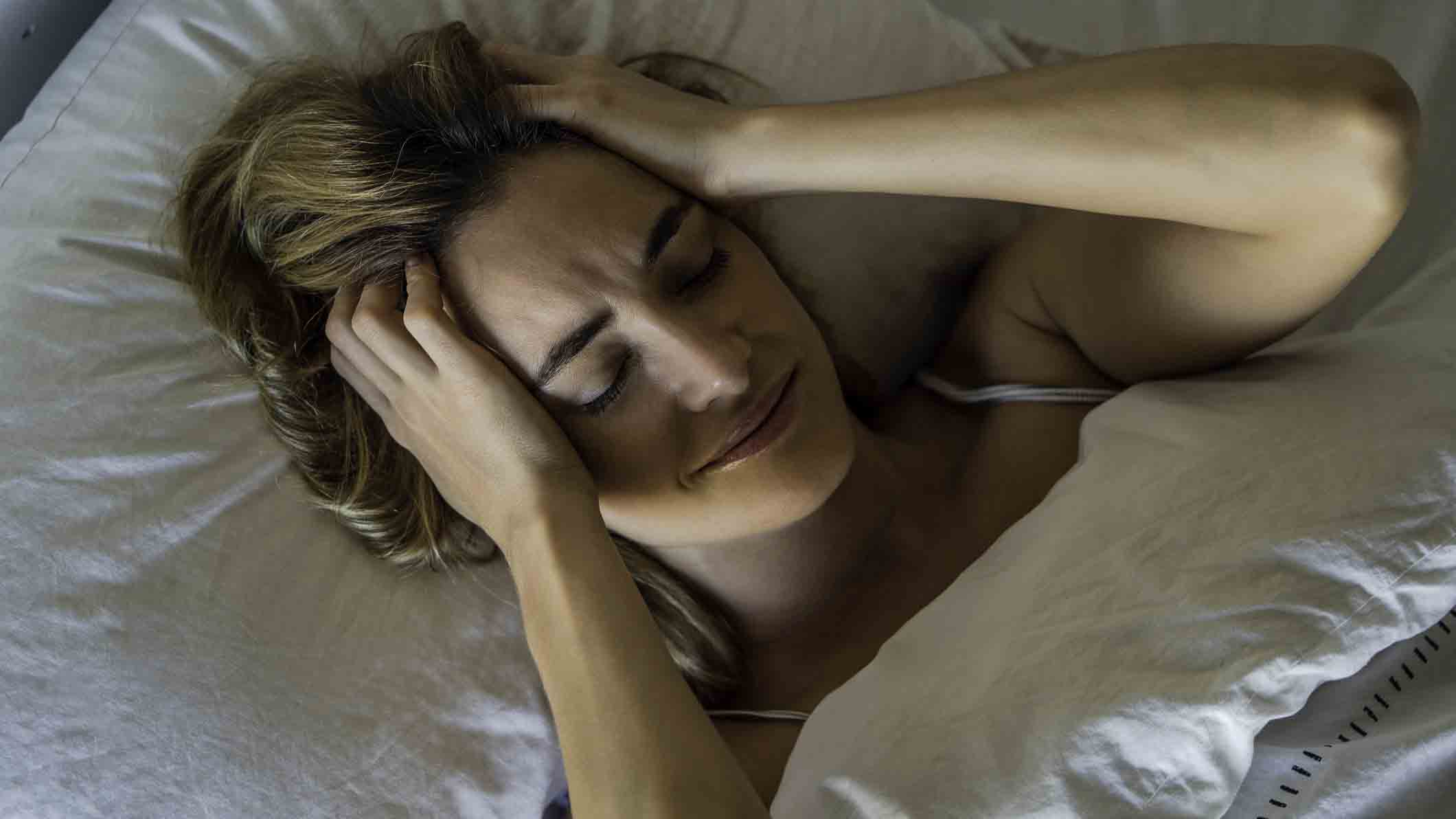
5. Sleep myth: Alcohol before bed improves sleep
While alcohol can make you sleepy, it also leads to bad-quality sleep. The Cleveland Clinic shares how booze can prevent you from hitting the deep sleep part of your sleep cycle, leaving you feeling groggy the next morning.
But it’s not just the quality of sleep that’s at risk – alcohol can also give you vivid dreams, including nightmares, plus some people are more likely to sleepwalk too. This doesn’t apply to everyone, so don’t panic, but the general point is that if you think alcohol helps you sleep better, think again.
6: Sleep fact: Most people experience the effects of sleep deprivation after 24 hours
Among the health effects of sleep deprivation listed by Harvard Medical School's Sleep Division, your immune system takes a hit when you’re sleep deprived. If you cut back on your sleep, or you’ve been unable to sleep, it could lead to lack of concentration, irritability, short-term memory problems and muscle tension.
The CDC also warns how dangerous it can be to drive if you've been awake for 24 hours. Reaction times and decision-making become severely impaired, similar to the effects of drunk-driving.
7: Sleep myth: Older people need less sleep
As we get older, we experience changes in our circadian rhythm, the process that controls our sleep-wake cycle. While older people still need between seven to nine hours of sleep a night, depending on age and health, it may feel as if they are getting less.
That's because they're experience more broken sleep due to health conditions or hormonal disruption such as menopause. Exercise and a regular sleep schedule can help you enjoy good sleep as you get older.
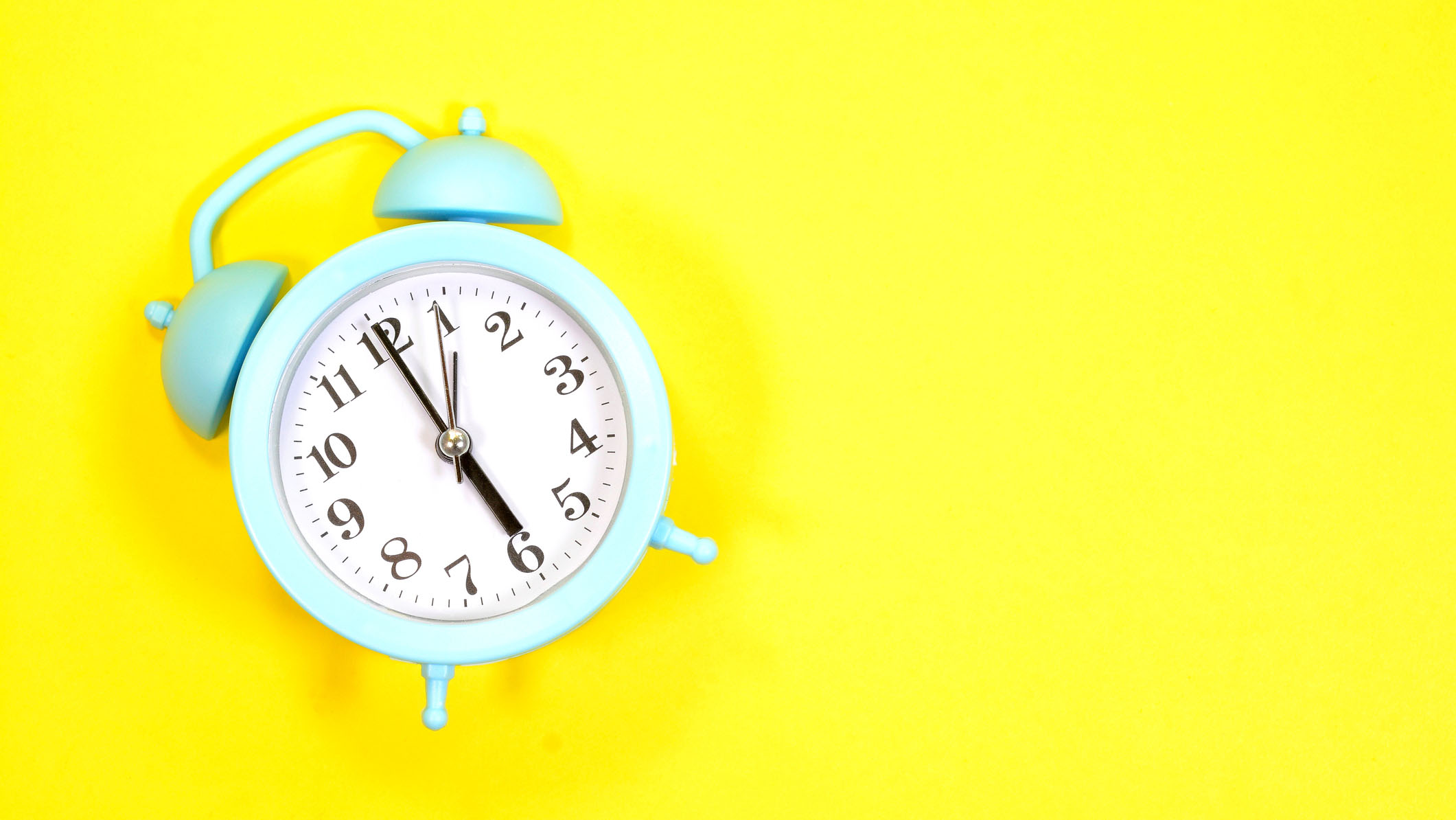
8. Sleep fact: Falling asleep takes up to 20 minutes
It can take between ten and 20 minutes to fall asleep. If it takes over an hour, it might because you're drinking too much caffeine, or eating a heavy meal close to bedtime. Jetlag and excess screen time are culprits too, as is over sleeping. On the flipside, if you fall asleep straight away this could be a sign of sleep deprivation.
Going to bed and waking at the same time every day, and sticking closely to it on weekends, should help you manage your sleep better. Experiment with different times until you find your ideal amount of sleep, and don’t feel guilty if it’s different to your partner’s. You can still have cuddle time before your partner drifts off, then go back to enjoying your pre-bedtime routine.
9. Sleep myth: Your body gets used to sleeping less
This is perhaps the most frustrating sleep myth of them all. Any sleep expert will tell you that a consistent lack of sleep takes its toll on your body and brain. You may think you’re getting by ok, but your brain and body won’t be firing on all cylinders compared to how they would on optimal sleep.
Your body needs regular, good quality shut-eye in order to repair itself and carry out some pretty heavy-duty functions. Speak to your doctor if you’re experiencing short or broken sleep. Our feature on why sleep is important looks at the effects of long-term sleep deprivation and how to deal with it.
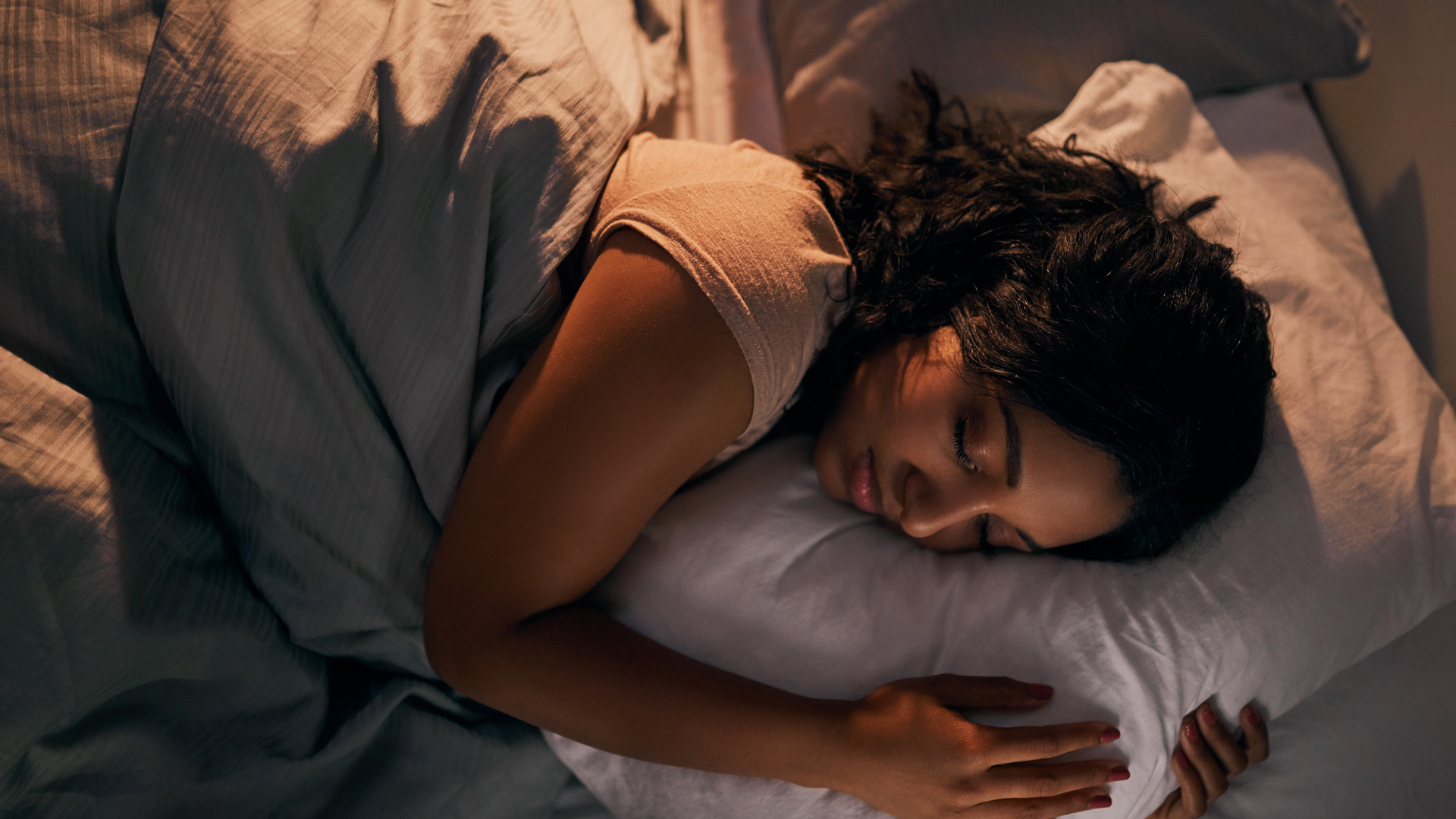
10. Sleep fact: Your temperature drops during sleep
Unless you’re sick, are taking certain medications or you’re dealing with hot flashes, your temperature drops by one to two degrees Fahrenheit during sleep. Harvard Medical School says your temperature and blood pressure drops naturally while you’re asleep: “It has been hypothesized that one of the primary functions of sleep is to conserve energy in this way."
As a result, you'll be using less energy maintaining your body temperature. During REM sleep is when your body falls to its lowest temperature. It’s enough to make us reach for our comforter…
Looking to upgrade your bed to enjoy better sleep? Then check out our roundups of the latest Purple mattress deals and discounts, the best Casper mattress deals, and the best Saatva mattress discounts.
Freelancer writer and sub-editor Davina has over 20 years’ experience under her belt, and is one of our go-to writers for wellness content. From handheld massagers to mattresses, Davina has a keen interest in all things relaxation and rejuvenation, and spends a lot of her time covering these areas for Top Ten Reviews. So if you’re wondering which essential oil to use for easing stress, or whether a percussive massager really can banish your knotty muscles, Davina is the one to ask. When not working, she loves reading, practicing yoga and writing fiction.

